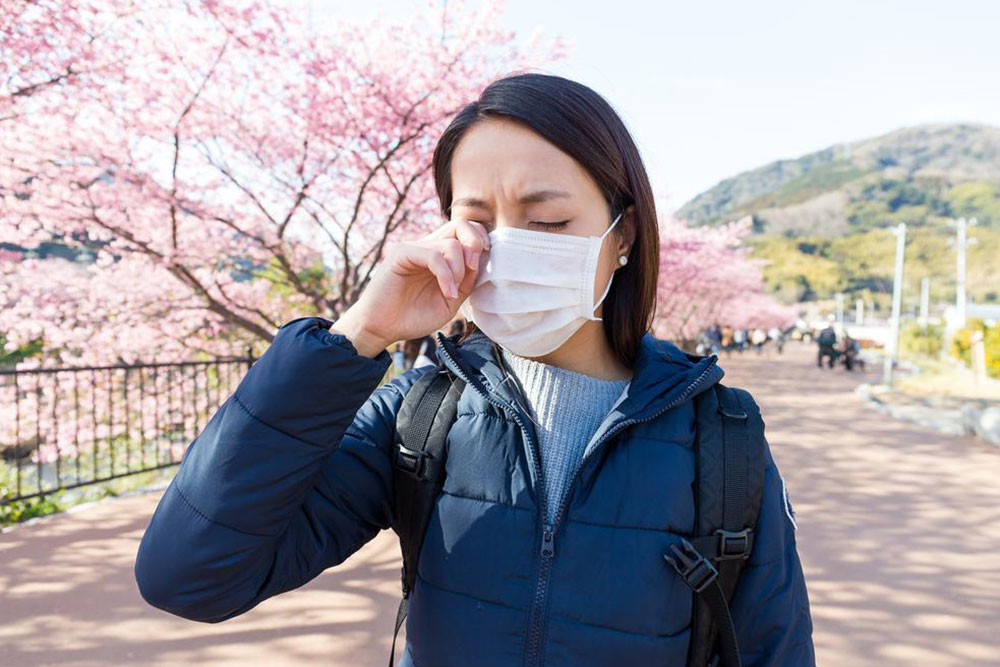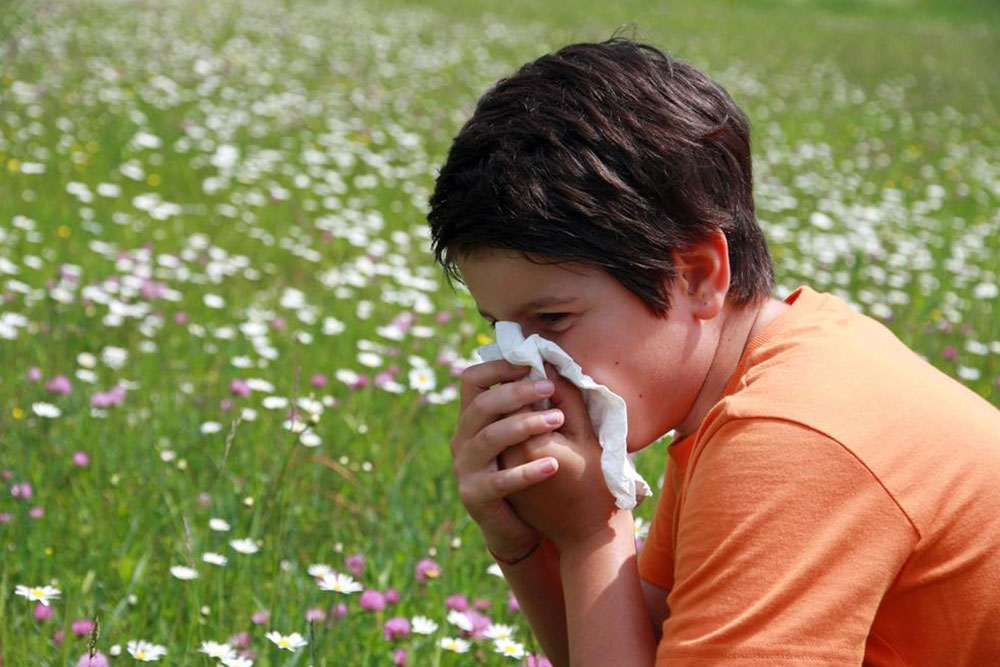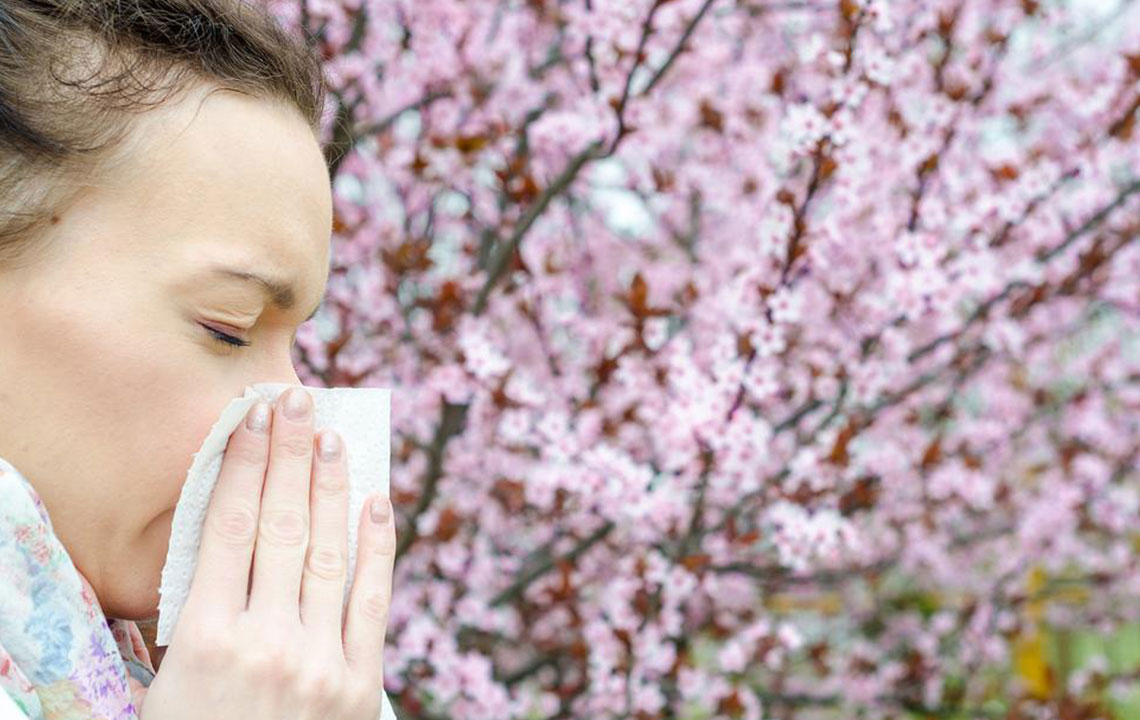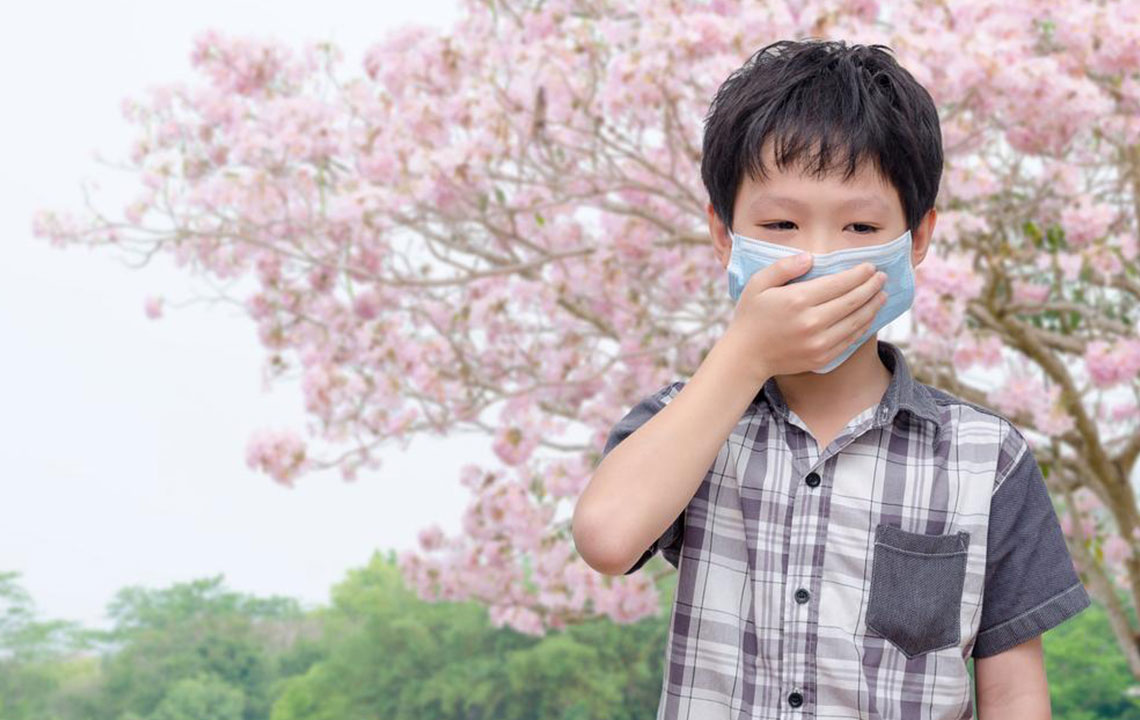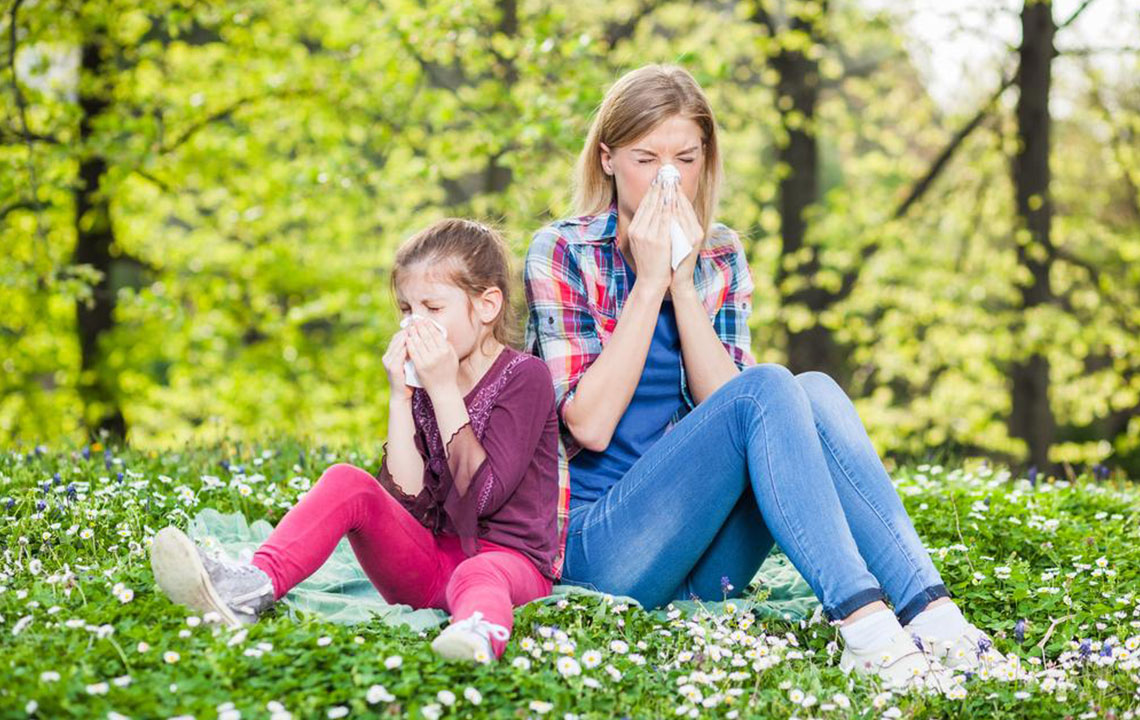Effective Natural Solutions for Seasonal Pollen Allergies
Discover natural remedies and preventative tips for managing seasonal pollen allergies. Learn about effective home solutions like saline rinses, dietary changes, and lifestyle modifications to alleviate symptoms. Consulting a healthcare provider can help tailor treatments for severe reactions, ensuring safe and effective relief from pollen-induced discomfort throughout the year.
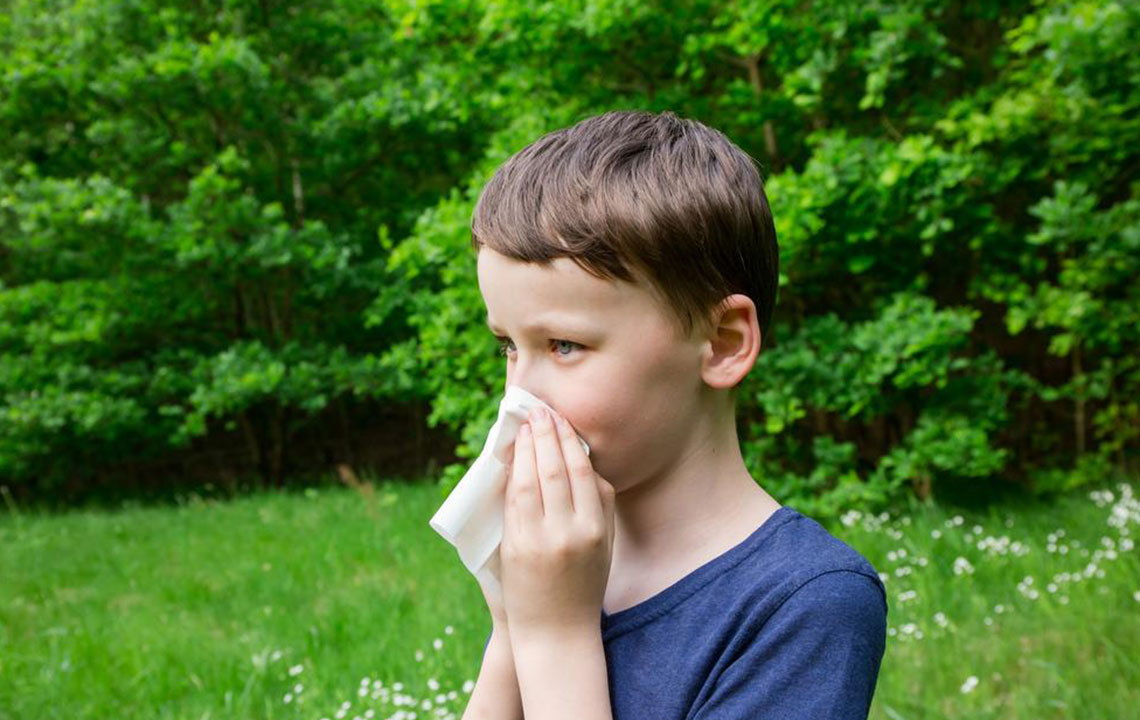
Effective Natural Solutions for Seasonal Pollen Allergies
As seasons change, many individuals experience sneezing fits and discomfort, often indicative of pollen allergies.
Pollen allergy, also known as hay fever, is an allergic response triggered by plant pollen released during reproduction.
Pollen consists of tiny particles released into the air by flowering plants, grasses, trees, and weeds. Its lightweight nature allows it to travel freely through the atmosphere. When inhaled or ingested, the proteins in pollen can prompt allergic reactions in sensitive individuals.
About 30% of adults worldwide are affected by pollen allergies to some degree.
Pollen from flowers, grasses, and weeds varies seasonally—flower pollen peaks in spring, grass pollen in summer, and weed pollen in autumn—making allergies a year-round concern for many.
This ongoing sensitivity can disrupt daily routines and cause significant discomfort.
Signs and Symptoms of Pollen Allergies
Individuals sensitive to pollen may notice symptoms such as:
Sneezing
Itching in eyes and nose
Red, watery eyes
Runny nose
Coughing
Facial pressure or swelling around eyes
Breathing difficulties
In some cases, pollen allergies can worsen asthma symptoms or trigger respiratory issues.
Understanding that pollen acts as an allergen, the body's immune system releases histamine to fight it off. Histamine causes blood vessels to enlarge, producing typical allergy signs like sneezing, nasal congestion, and eye redness.
Facial veins constrict, causing dark circles known as 'allergic shiners.'
Asthmatic individuals are more prone to severe reactions, with pollen allergies potentially leading to increased asthma attacks.
Diagnosis and Prevention of Pollen Allergies
If you experience persistent allergy symptoms during high pollen seasons, consult a healthcare provider. An allergy specialist can perform skin prick tests to confirm sensitivities.
To minimize symptoms, avoid outdoor activities on windy days, wear masks, and limit gardening during peak pollen periods.
Medications like antihistamines effectively alleviate allergy signs. These drugs block histamine’s effects, reducing symptoms. Many are available over-the-counter, while some require prescriptions.
Strong reactions may need corticosteroids, which reduce inflammation. Nasal decongestants can help relieve congestion caused by excessive mucus.
Natural Remedies for Pollen Relief
For mild symptoms or those seeking natural options, consider these home solutions:
Saline Nasal Rinse
Using a simple saline spray can flush out pollen from nasal passages and thin mucus, easing breathing and reducing infection risks. Avoid medicated sprays for prolonged use to prevent rebound congestion.
Spicy Foods
Foods containing capsaicin, such as spicy peppers, act as natural decongestants, helping to clear nasal blockages. Capsaicin also possesses anti-inflammatory and antibacterial properties.
Quercetin Supplementation
This natural flavonoid, found in vegetables, acts as an antioxidant and can prevent histamine release. It can also help reduce sinus pressure and congestion.
Additional Tips
Always wear masks and sunglasses outdoors during pollen season. Shower and change clothes after outdoor exposure to remove pollen residues. Drink fluids regularly and practice steam inhalation. Monitoring local pollen counts and limiting outdoor activities on high-pollen days can also help manage symptoms.
Stay vigilant for pollen allergy signs, which can vary from mild discomfort to severe respiratory issues. Always seek medical advice if symptoms worsen.
Note: The information provided is for educational purposes. For proper diagnosis and treatment, consult healthcare professionals. This content does not substitute professional medical advice and may not include all available options or personalized recommendations.

